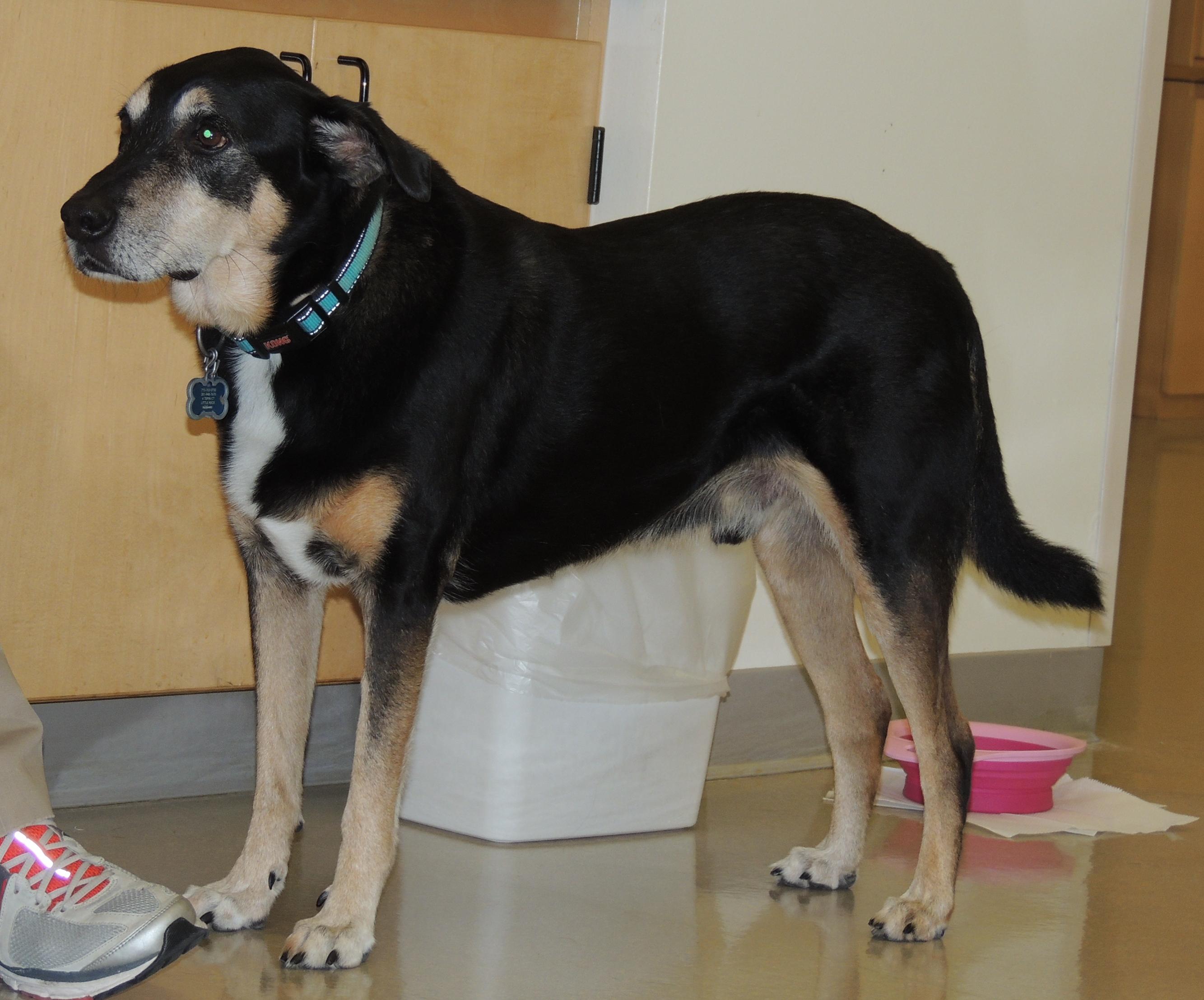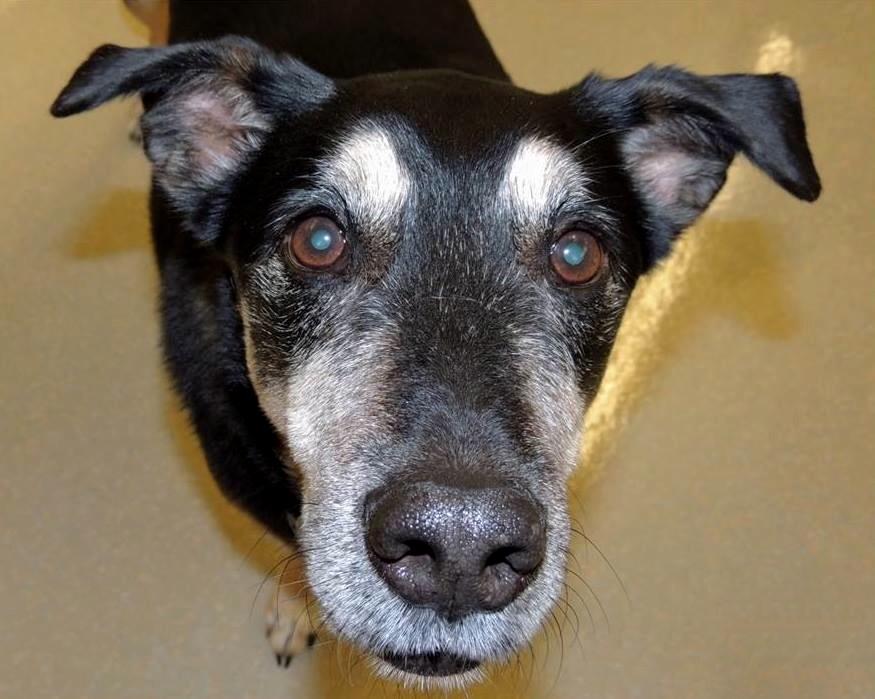A trained scent dog accurately identified whether patients’ urine samples had thyroid cancer or were benign (noncancerous) 88.2 percent of the time, according to a new study, to be presented March 6 at the Endocrine Society’s 97th annual meeting in San Diego, California.
Bodenner’s colleague at UAMS and a study-coauthor, Arny Ferrando, PhD, previously “imprinted,” or scent-trained, a rescued male German Shepherd-mix named Frankie to recognize the smell of cancer in thyroid tissue obtained from multiple patients. Ferrando, who noted that dogs have at least 10 times more smell receptors than humans do, said, “Frankie is the first dog trained to differentiate benign thyroid disease from thyroid cancer by smelling a person’s urine.” Watch Frankie sniff out cancer in the video below!
The Endocrine Society is the world’s oldest, largest and most active organizations devoted to research on hormones and the clinical practice of endocrinology.
“Current diagnostic procedures for thyroid cancer often yield uncertain results, leading to recurrent medical procedures and a large number of thyroid surgeries performed unnecessarily,” said the study’s senior investigator, Donald Bodenner, MD, PhD, chief of endocrine oncology at the University of Arkansas for Medical Sciences (UAMS) in Little Rock.
“Scent-trained canines could be used by physicians to detect the presence of thyroid cancer at an early stage and to avoid surgery when unwarranted,” Bodenner commented.
Dogs in Exam Rooms?
Although Bodenner is not yet basing patient treatment decisions on the canine technique, he said the dog’s diagnostic accuracy is only slightly less than that of fine-needle aspiration biopsy, the method generally used first to test thyroid nodules for cancer. Canine scent detection has the advantages of being noninvasive and inexpensive, he said.
The Study
In this study, 34 patients gave a urine sample at their first visit to the university thyroid clinic before they went on to have a biopsy of suspicious thyroid nodules and surgery. The surgical pathology result was diagnosed as cancer in 15 patients and benign thyroid disease in 19. These urine samples were presented, by a gloved dog handler, one at a time to Frankie to sniff.
Neither the dog handler nor the study coordinator, who recorded the dog’s responses after the handler announced them, knew the cancer status of the 34 urine samples.

The handler interspersed some urine samples that had a known cancer status so he could reward the dog for correct answers: alerting to a cancer sample by lying down, and turning away from a benign sample to alert the absence of cancer.
The dog’s alert matched the final surgical pathology diagnosis in 30 of the 34 study samples, the investigators reported.
The sensitivity, or true-positive rate, was 86.7 percent, meaning Frankie correctly identified nearly 87 percent of the pathology-proven thyroid cancers. The specificity—the true-negative rate—was 89.5 percent, which meant Frankie knew that a benign sample was actually benign almost 9 of every 10 times. There were two false-negative results and two false-positives using canine scent detection.
Future Studies

Bodenner said they plan to expand their program by collaborating with Auburn University College of Veterinary Medicine in Auburn, Ark. The veterinary school reportedly will dedicate two of its bomb-sniffing dogs to become trained thyroid cancer-sniffing dogs using UAMS patient samples.
About the Author
Based in Wilsonville, Ore., animal lover Kristina N. Lotz is a Certified Professional Dog Trainer – Knowledge Assessed (CPDT-KA) and a member of the Dog Writers Association of America. She is also the founder of A Fairytail House. In her spare time, she trains and competes in a variety of performance events with her Shetland Sheepdogs and caters to her two rescue kitties. She smartly married a Veterinary Technician, who helps keep the fur kids happy and healthy, and provides a quick resource for articles.
